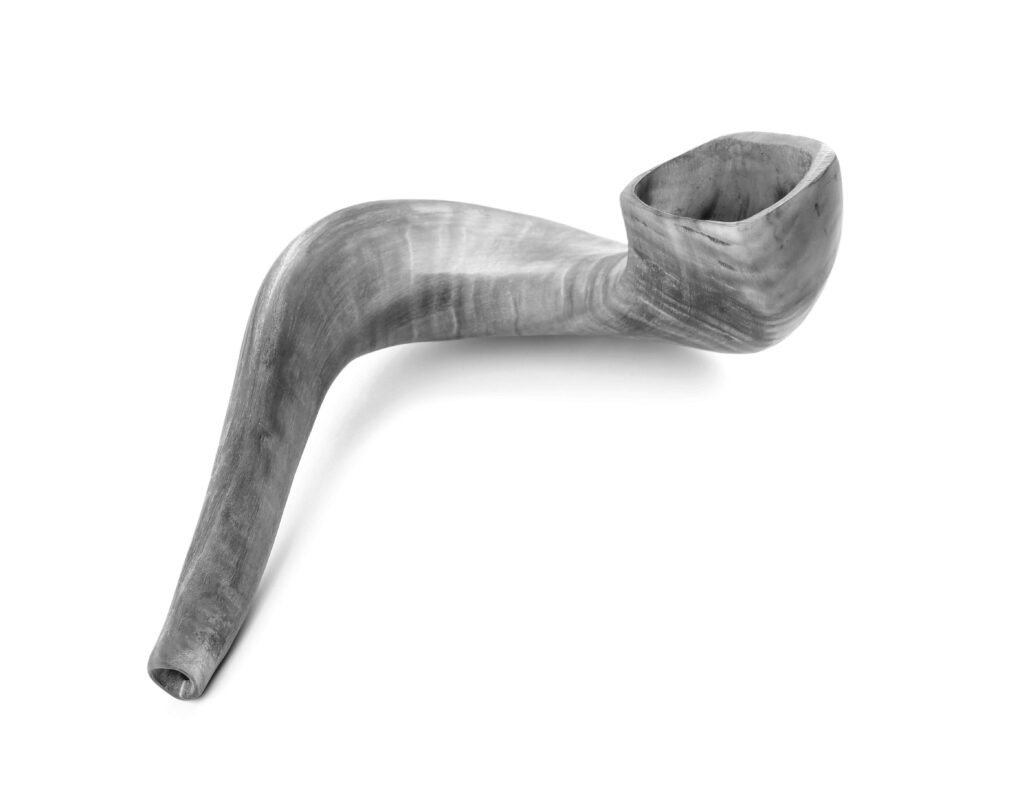While I was first reading these two novellas by Nora Gold, a man was charged for threatening a Jewish city councillor in Toronto and a cartoon depicting Benjamin Netanyahu as a bloodsucking vampire appeared in La Presse, the second-largest newspaper in Quebec (it was later removed). The Toronto police had just reported a significant rise in antisemitic crime. In the weeks since, bus shelters and condo buildings in Canada’s largest city have been defaced with detestable slurs and symbols. A man was arrested for allegedly targeting antisemitic statements at children outside of Toronto’s city hall. And the windows of a synagogue north of downtown were smashed with a hammer, in what the B’nai Brith Canada advocacy group has condemned as an incident of “normalized” antisemitism.
Amid an atmosphere of growing fear and hate, Gold’s novellas focus directly on the everyday decisions of Jewish Canadians just trying to live their lives. In Yom Kippur in a Gym, Tom is consumed by rage and hurt feelings about his sisters’ deliberate mistreatment of him and his wife. On the Day of Atonement, he finally faces his own role in heightening family divisions, dating back to the havoc wreaked by their physically and psychologically abusive father: “He begins to whisper to himself the Ashamnu prayer, and like everyone around him, bangs his right fist against the left side of his chest once for each of its twenty-four Hebrew words.” A congregation drawn together at the downtown Jewish Community Centre, which brings to mind the Miles Nadal JCC in Toronto, is immersed in prayer, asking God for forgiveness:
“Ashamnu” (we have been guilty) — bang!
“Bagadnu” (we have betrayed) — bang!
“Gazalnu” (we have stolen) — bang!
“Dibarnu dofi” (we have slandered) — Yes, I have slandered. I have slandered my sisters and their husbands — bang!

The shofar brings comfort and relief to the faithful.
Pixel-Shot; Alamy
Tom is one of five main characters of vastly different backgrounds, each facing complex issues of identity, who come together when tragedy strikes. How he — along with Lucy, Rachel, Ezra, and Ira — finds his way through the crisis speaks to the continued role of religion in the lives of troubled men and women. At the end of the service, Ezra says it’s time to blow the shofar. “Tonight we do just one long blast, the tekia gedola,” he explains. “As we all know, the sound of the ram’s horn is meant to awaken us spiritually, jolt us from our stupor, and inspire us to be better people.” Not all readers will know what the congregants know, yet Gold makes the salience of Yom Kippur clear to all. She doesn’t trivialize the holiday. Rather, she digs deep into the Jewish religion to show the comfort and relief it can offer the faithful. She does so with aplomb.
The novella makes its way toward a satisfactory conclusion. After prayers and fasting, the main characters find solace in one another and in the power of forgiveness and mutual appreciation. “Pausing on the front stoop of the community centre, all five gaze in silence at the endlessly vast, beautiful, incomprehensible cosmos,” Gold writes. “To Tom, the heavens seem impossibly far away, yet so close he can almost reach up and touch the stars.”
The book’s other novella, In Sickness and in Health, is an anxiety-provoking journey recounted through the musings and misgivings of Lily, who falls dramatically ill once a month. Her patient, kindly husband, Perry, tends to her needs when she is bedridden, shivering, and lost in demoralizing thoughts. “No one knows what’s wrong with you,” she says to herself. “Not one of the doctors you’ve consulted has a clue. All seven of them seem to you as medically insightful as the seven dwarfs might have been.” Still, Lily soldiers on, even if “all you’re capable of is lying in bed, immobile, feverish, with your eyes shut. You endure endlessly boring, long, lonely, suffering days while the people closest to you are off at work living their lives.”
Gradually we learn that as a child, Lily suffered from epilepsy: “Because she wasn’t good. She was bad. Daddy had told her her sickness was called ‘petit mal,’ which in French meant a little bit of badness. She was lucky because there was another kind of sickness that was worse, ‘grand mal,’ which meant a lot of badness. She didn’t have that. She wasn’t very bad, just a little bit.” Her seizures were treated with mind-numbing pharmaceuticals that, along with her lonely childhood, might be the root of her current problems: “If you’re normal, you are incessantly active and sociable. You never require solitude. But she did. She needed to think. She liked to think.” Lily was tormented as a child — battling not just illness but her parents and teachers in an unbending school system. Now an educator herself, Lily is determined not to be permanently defeated by illness or her past.
A week after releasing this book, Gold wrote an online post about her own childhood struggle with epilepsy and the scars that remain. The author’s reveal was personal and, in some ways, more moving than In Sickness and in Health ultimately is. Perhaps her experience could have made for a quite successful non-fiction piece, while Yom Kippur in a Gym could have become a full-length novel. Publishing decisions are notoriously tricky, but the current combination of narratives hovers on the edge of wisdom, however well written and intentioned.
Joyce Wayne was included in Best Canadian Essays 2021 for “All the Kremlin’s Men.”

